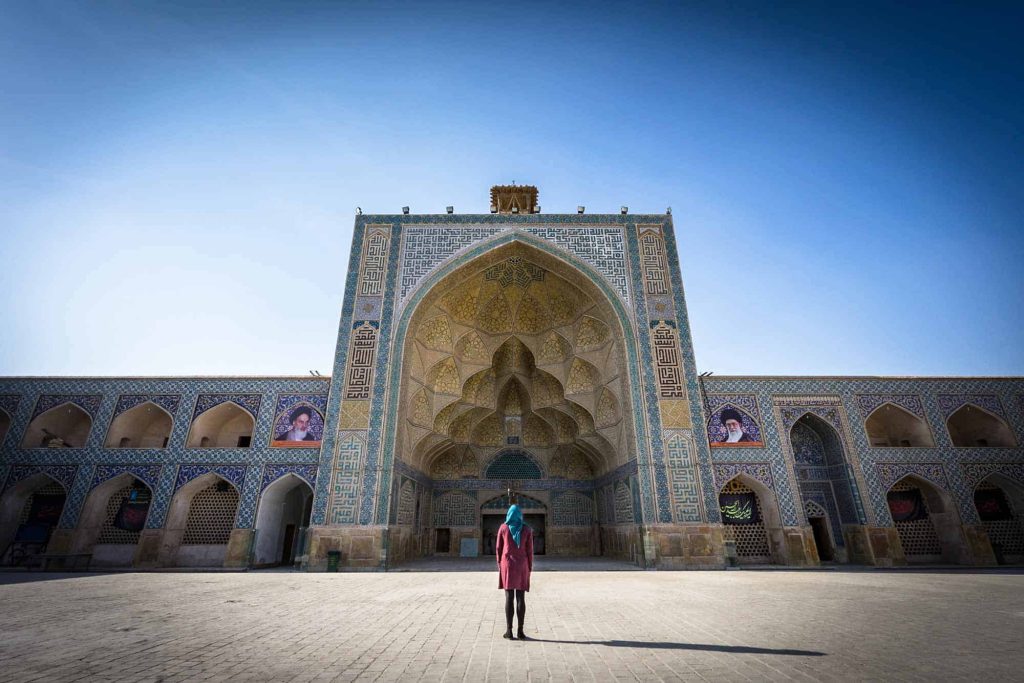Traveling is one of the most enriching experiences one can have. It opens up a whole new world of cultures, traditions, and languages. However, it’s not always easy to plan and execute a trip. There are numerous aspects to consider, such as budget, visas, safety, accommodation, transportation, and more. Learning how to travel can make all the difference between a mediocre trip and a life-changing adventure. In this article, we will provide you with some tips on how to become a well-informed and experienced traveler.
Research your destination Before embarking on any trip, it’s essential to do some research about your destination. Knowing the local culture, customs, and traditions can save you from committing cultural faux pas and can help you understand and appreciate the place better. Researching about the local language, currency, weather, and attractions can also help you plan your itinerary and budget more efficiently.
Learn the language Learning the local language can make your travel experience much more enjoyable and meaningful. Even if you only learn a few basic phrases, locals will appreciate the effort and be more willing to help you. It can also help you avoid being overcharged or misunderstood in restaurants, markets, and public transportation.
Plan your itinerary Having a well-planned itinerary can save you time, money, and stress. Start by listing the places you want to visit and the activities you want to do. Then, prioritize them according to your interests and time constraints. Research about the opening hours, entrance fees, and peak hours of the attractions to avoid long queues and overcrowding. Also, consider the distance between the locations and plan your transportation accordingly.
Budget your expenses Traveling can be expensive, but it doesn’t have to be. Creating a budget for your trip can help you save money and avoid overspending. Start by listing all the expenses you will have, including transportation, accommodation, food, activities, and souvenirs. Then, allocate a realistic amount of money for each category and stick to it. You can also use travel apps or websites to find deals and discounts on flights, hotels, and tours.
Stay safe Safety should always be a top priority when traveling. Before leaving, research about the crime rate, political situation, and natural disasters in your destination. Register your trip with your embassy and leave a copy of your itinerary with a trusted friend or family member. Avoid carrying large amounts of cash and valuable items, and be aware of your surroundings at all times. It’s also recommended to purchase travel insurance to cover any unexpected medical expenses, flight cancellations, or lost baggage.
Immerse yourself in the culture One of the most rewarding aspects of traveling is immersing yourself in the local culture. Try the local cuisine, attend cultural events, and interact with the locals. You can also learn about the history and traditions of the place by visiting museums, landmarks, and historical sites. Don’t be afraid to step out of your comfort zone and try new things.
Be open-minded Finally, being open-minded is key to having a fulfilling travel experience. Embrace the differences in culture, language, and traditions, and try to see the world from different perspectives. Traveling can challenge your beliefs and broaden your horizons, so approach every new experience with an open mind and heart.
In conclusion, learning how to travel can make a huge difference in the quality of your trips. By researching your destination, learning the language, planning your itinerary, budgeting your expenses, staying safe, immersing yourself in the culture, and being open-minded, you can become a well-informed and experienced traveler.

